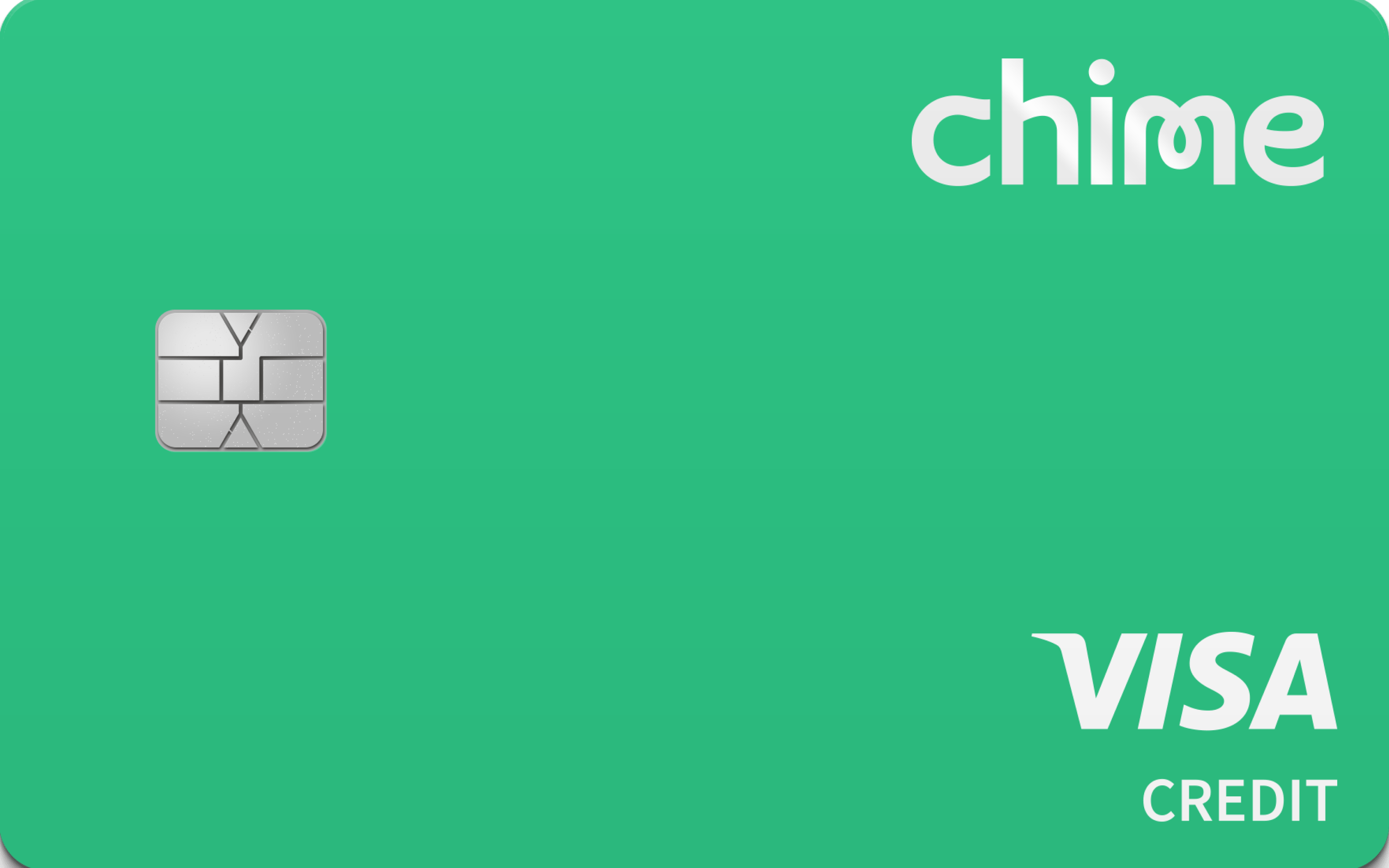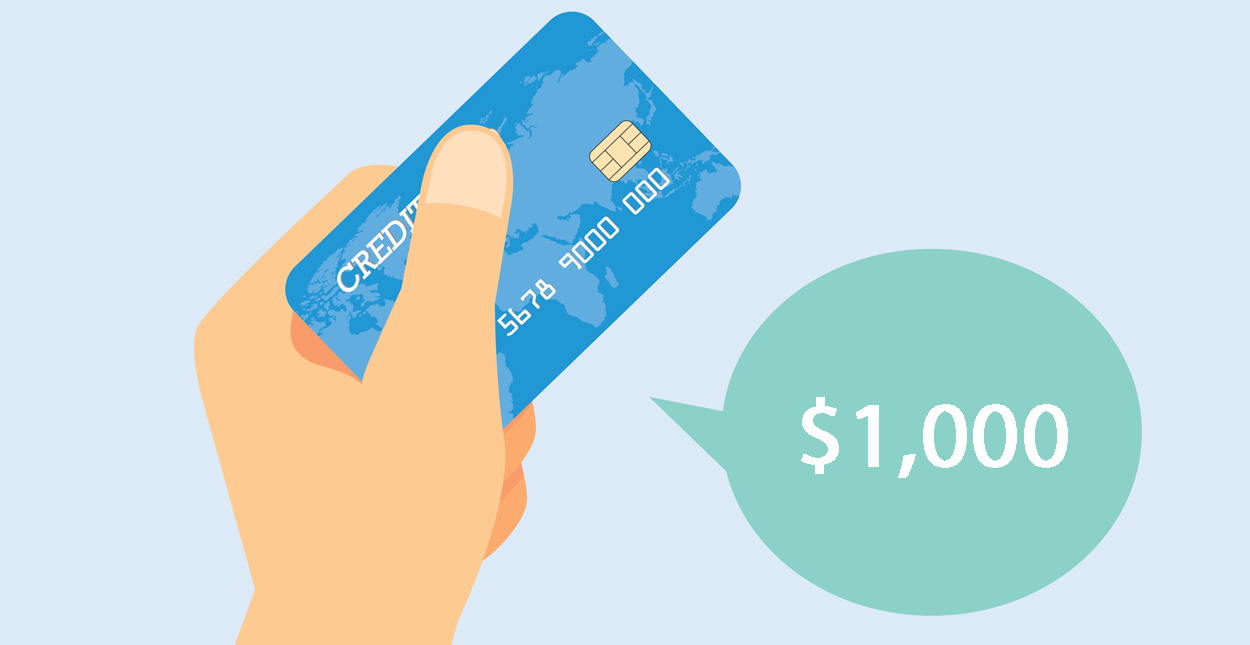A high credit score is a good thing and easy to lose. Whether you miss a scheduled loan payment or exceed your credit card limit, your credit score takes the hit. Unfortunately, having poor credit can create severe consequences. With a low credit score, you may be denied credit cards, auto loans, and home mortgages. Even if you qualify, you’ll likely pay higher interest rates on those lines of credit.
Fortunately, there’s still time to build a good — even great — credit score. This article will explore ways to boost a poor credit score and maintain it once you’ve done so.
1. Use a Secured Credit Card

One of the best ways to raise your credit score is to demonstrate responsible use of a credit card. The trouble is that qualifying for a card with a low score can be next to impossible. That’s where a secured credit card can ride to your rescue. While a secured card works much like a traditional credit card, you don’t need a high credit score to qualify for one. The reason is that such cards require a cash deposit or funds transfer upfront, which lowers the risk to the issuer.
The amount of your initial deposit determines your credit limit. If, for example, you pay $300 to open your account, that’s how much you can charge. As with an unsecured card, you can pay off the full balance to avoid interest or make partial payments each month. Your credit score will increase as long as you pay your monthly bills on time. That makes a secured credit card an excellent option for those with shorter credit histories and lower credit scores.
2. Pay Balances Strategically

Credit utilization is the percentage of your available credit that you’re using, and it’s a significant factor in your credit score. To decrease this ratio, you want to keep your available credit as high as possible and your debt as low as possible. A recommended guideline is to use less than 30% of your available credit. The lower this percentage, the more you’ll boost your credit score.
Paying off your balances strategically can help you lower your credit utilization ratio. You can make credit card payments multiple times a month, thereby maintaining lower balances. Once a month, your credit card issuer reports your activity to the credit bureaus. By periodically paying portions of the total amounts before that date, you’re reducing the credit utilization the bureaus see.
3. Make On-Time Payments

Payment history makes up 35% of your credit score, making it the most critical factor in determining your score. Suppose you have a habit of forgetting payments; set up automatic payments for recurring bills like car and student loan payments. Your bills will be paid automatically from your bank account on the dates you schedule. Ensure your account contains enough funds to pay your bills to avoid overdraft fees.
If you choose to set up automatic payments, consider making your payments due on different dates. For example, set your car payments to be paid on the 1st of the month and your student loans on the 15th. This way, you don’t risk depleting your account. Contact your creditors to see whether this option is available to you. Until your creditor approves and confirms the new date, continue paying as required to avoid a missed payment.
4. Limit New Credit Card Applications

Although sign-up bonuses can be tempting, avoid applying for new credit cards when your credit score is low. Once you apply for new credit, the issuer will pull your credit report, resulting in a “hard inquiry.” A single hard inquiry may only temporarily affect your credit, but multiple questions during a short period can damage your score.
In contrast, a “soft inquiry” doesn’t affect your credit score. This inquiry happens when credit card companies check whether you are preapproved for offers. Financial institutions you do business with can also perform a soft search to check your credit. Reviewing your credit reports likewise won’t affect your credit score, no matter how many times you do so. Keeping an eye on your credit history can help you stay on track without penalty.
The Bottom Line
All kinds of people struggle with their credit, but the good news is that a bad credit score doesn’t have to be permanent. Taking steps to improve your score, like those outlined above, can help you get the desired results. To stay on top of your improvement efforts, create small goals for yourself along the way.
Start by paying off your high balances and keep the rest below 30% of your credit limits. Set automatic payments to ensure your bills get paid on time while limiting new credit applications. Following these best practices can raise your credit score back up to good or even excellent.
There isn’t one if you’re looking for a quick and dirty credit fix. Raising your credit score to a good level can take months or even years to achieve. But achieving financial freedom is worth the wait. Don’t let a bad credit score define you. Make building your credit a priority today.








